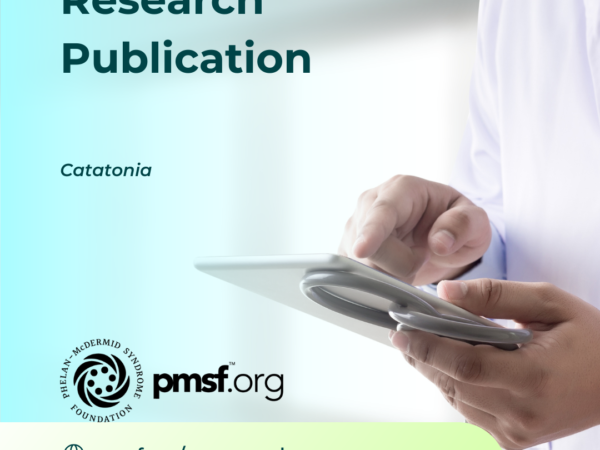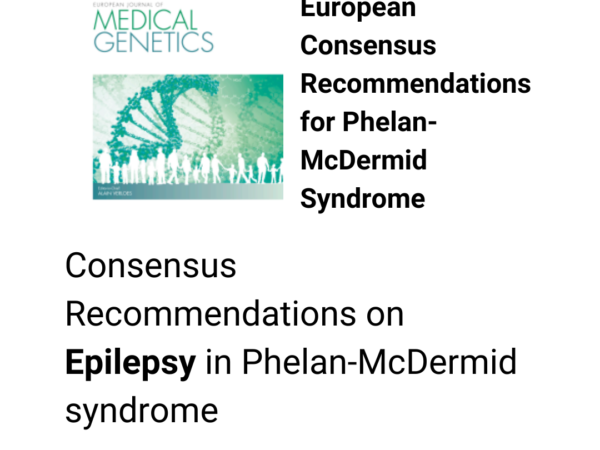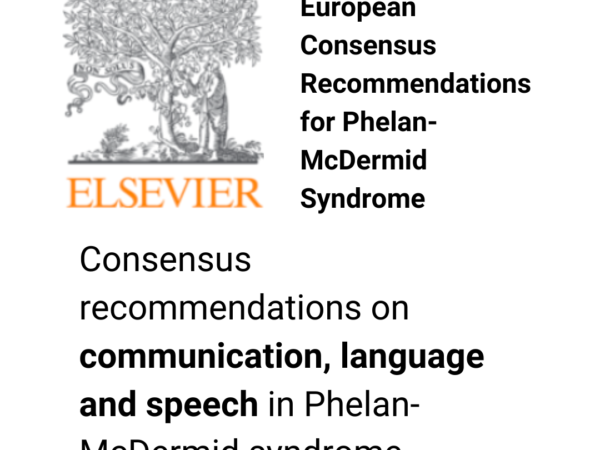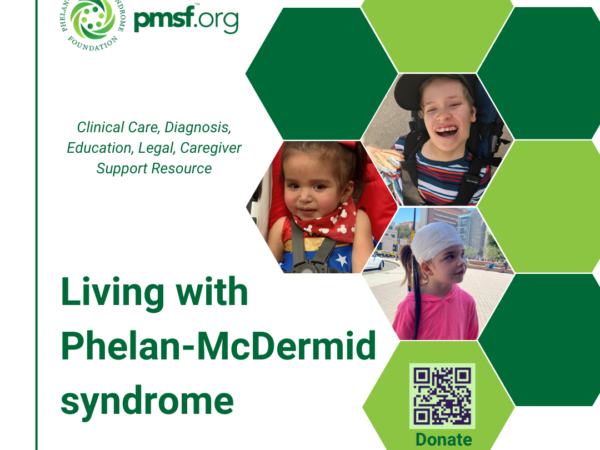Catatonia in neurodevelopmental disorders: assessing catatonic deterioration from baseline
Despite the inclusion of catatonia as a specifier of autism spectrum disorder in DSM-5, we—a team of child and adolescent neuropsychiatrists who specialise in paediatric catatonia and neurodevelopmental disorders—have identified a number of issues with the diagnosis and clinical management of catatonia in our patients.






